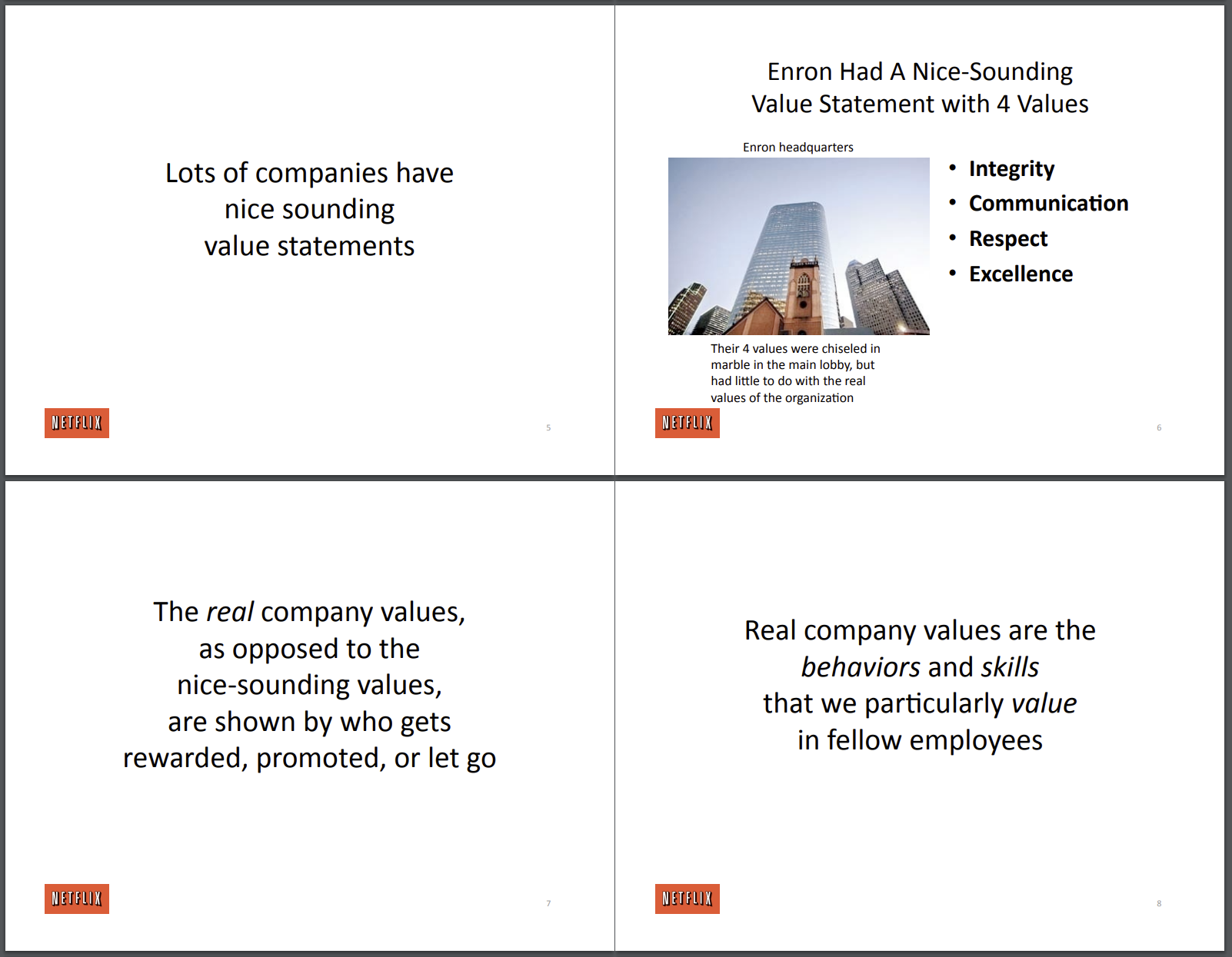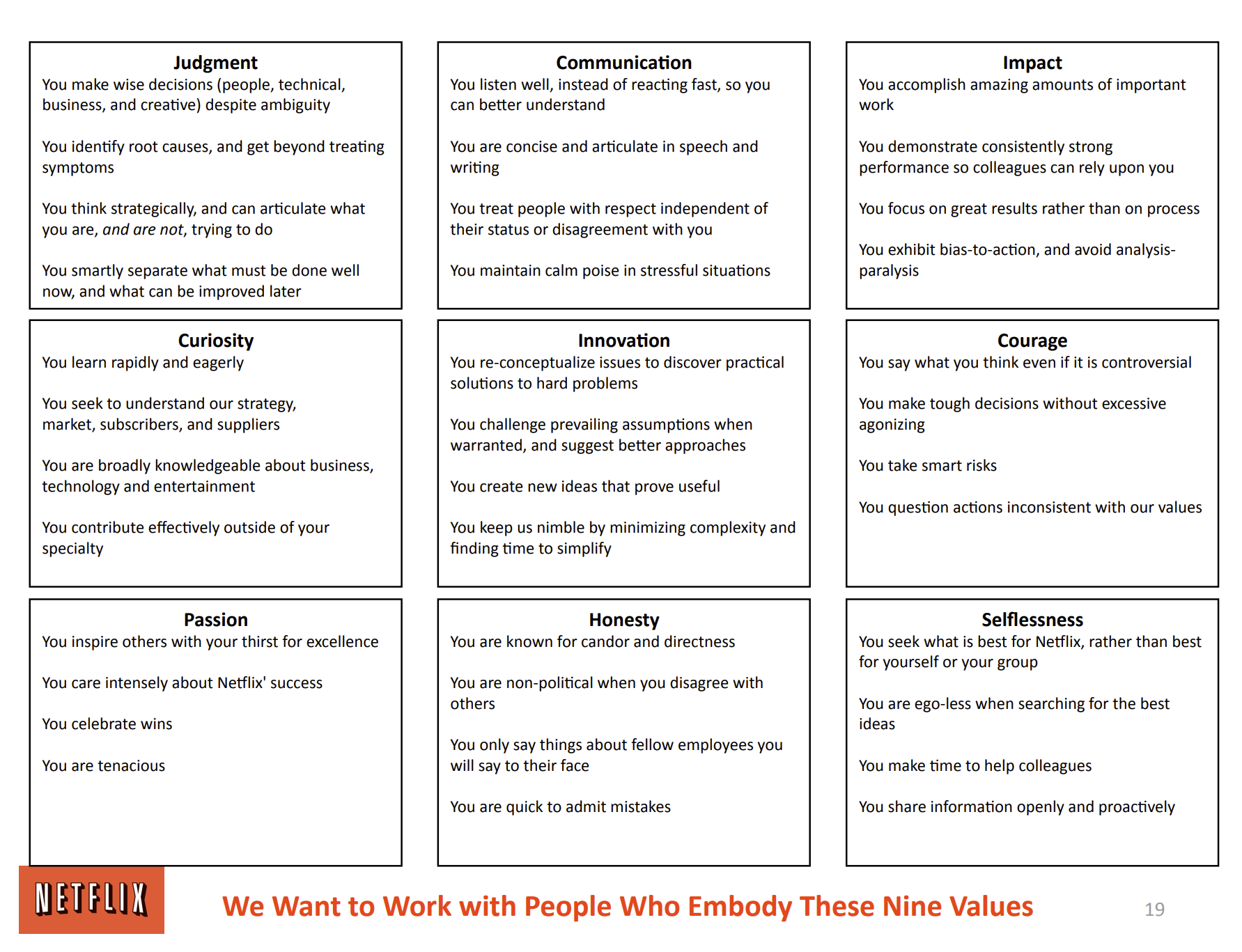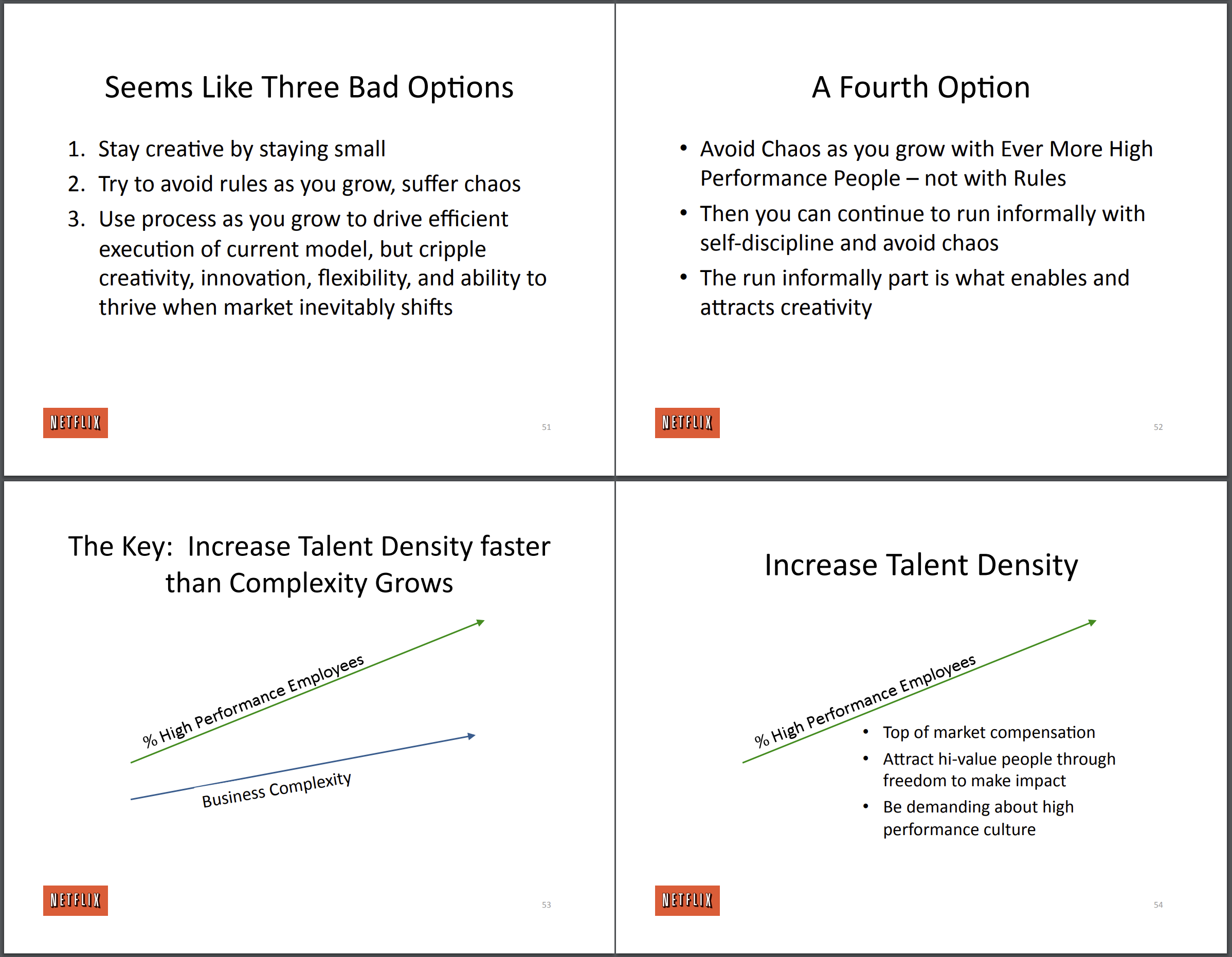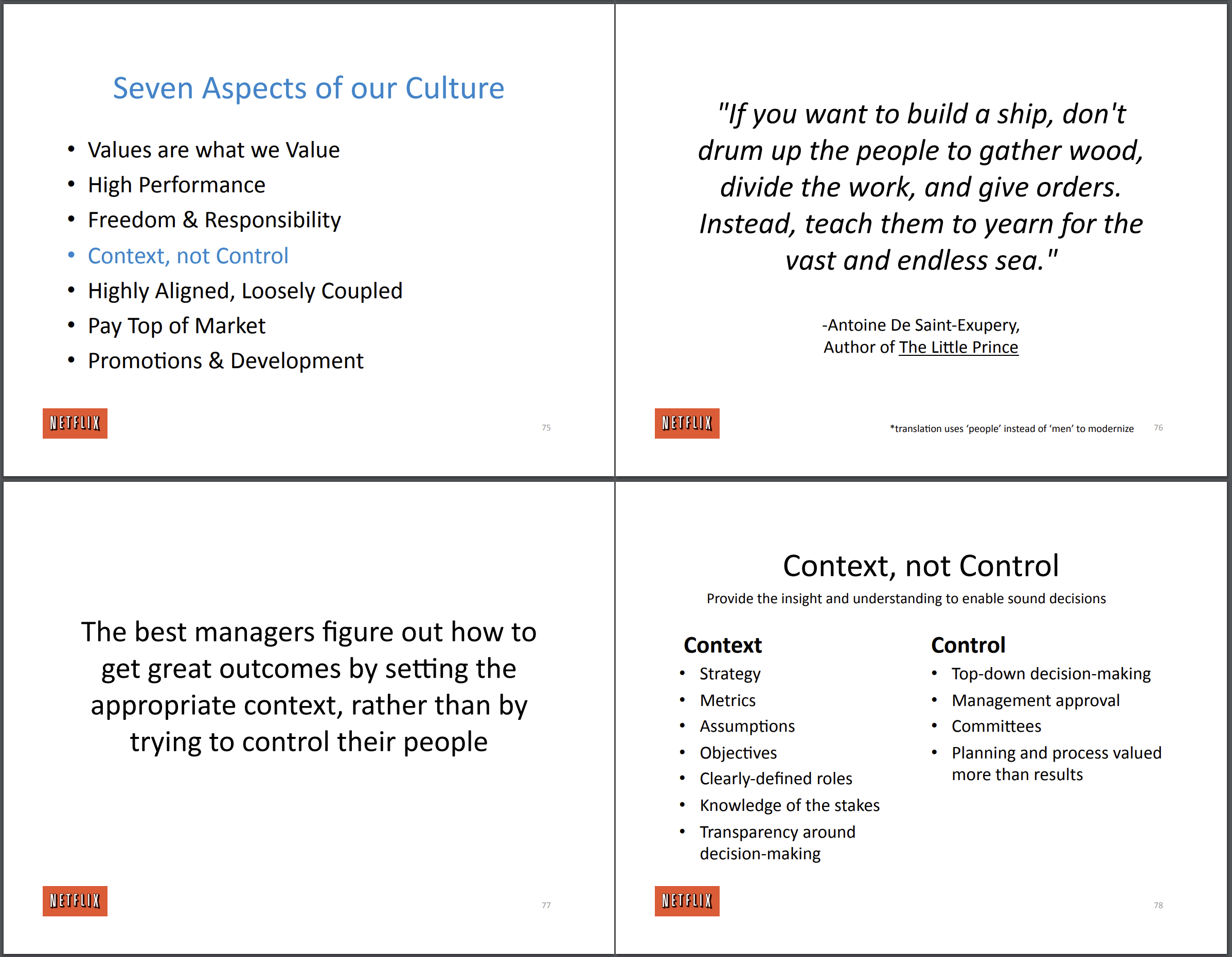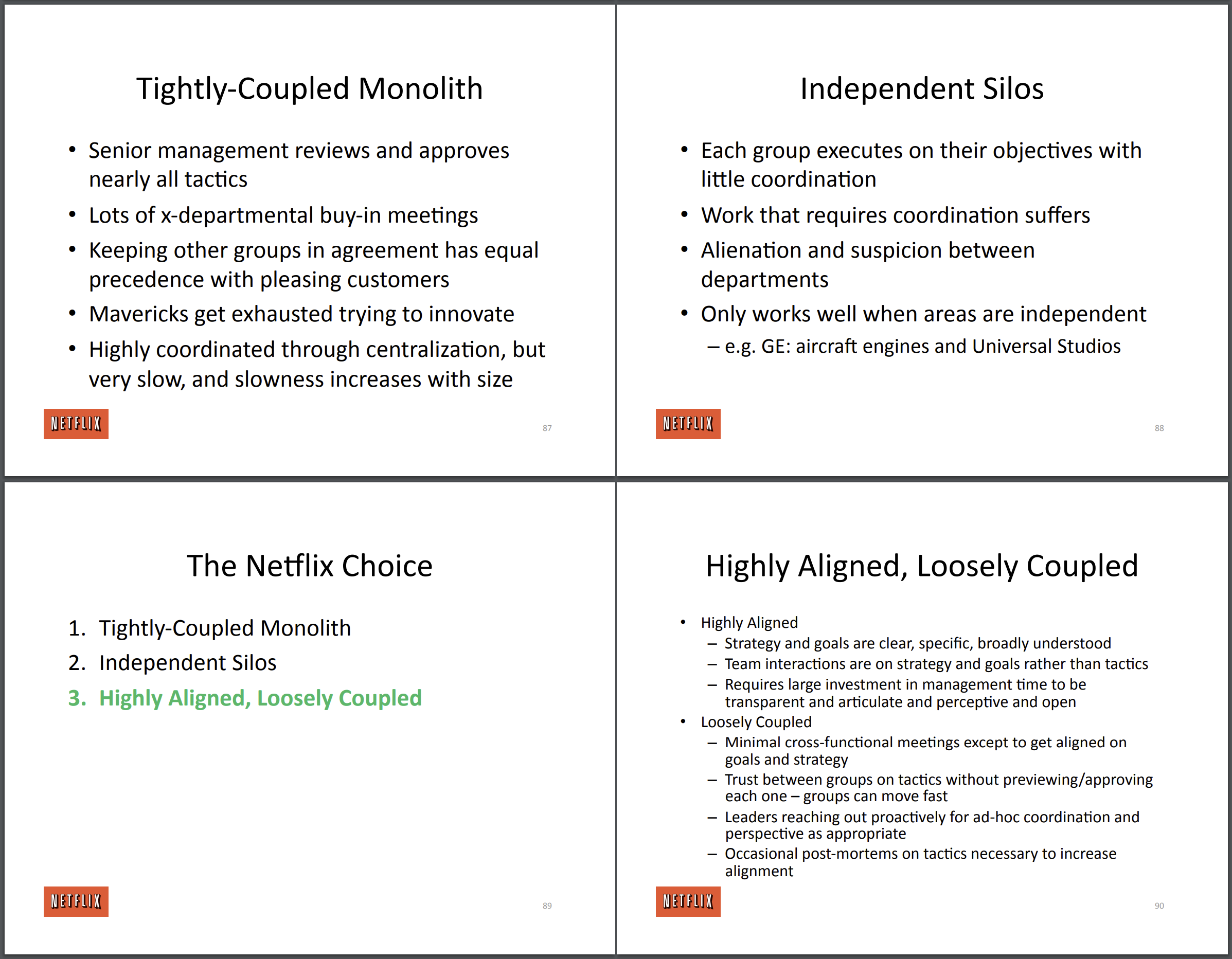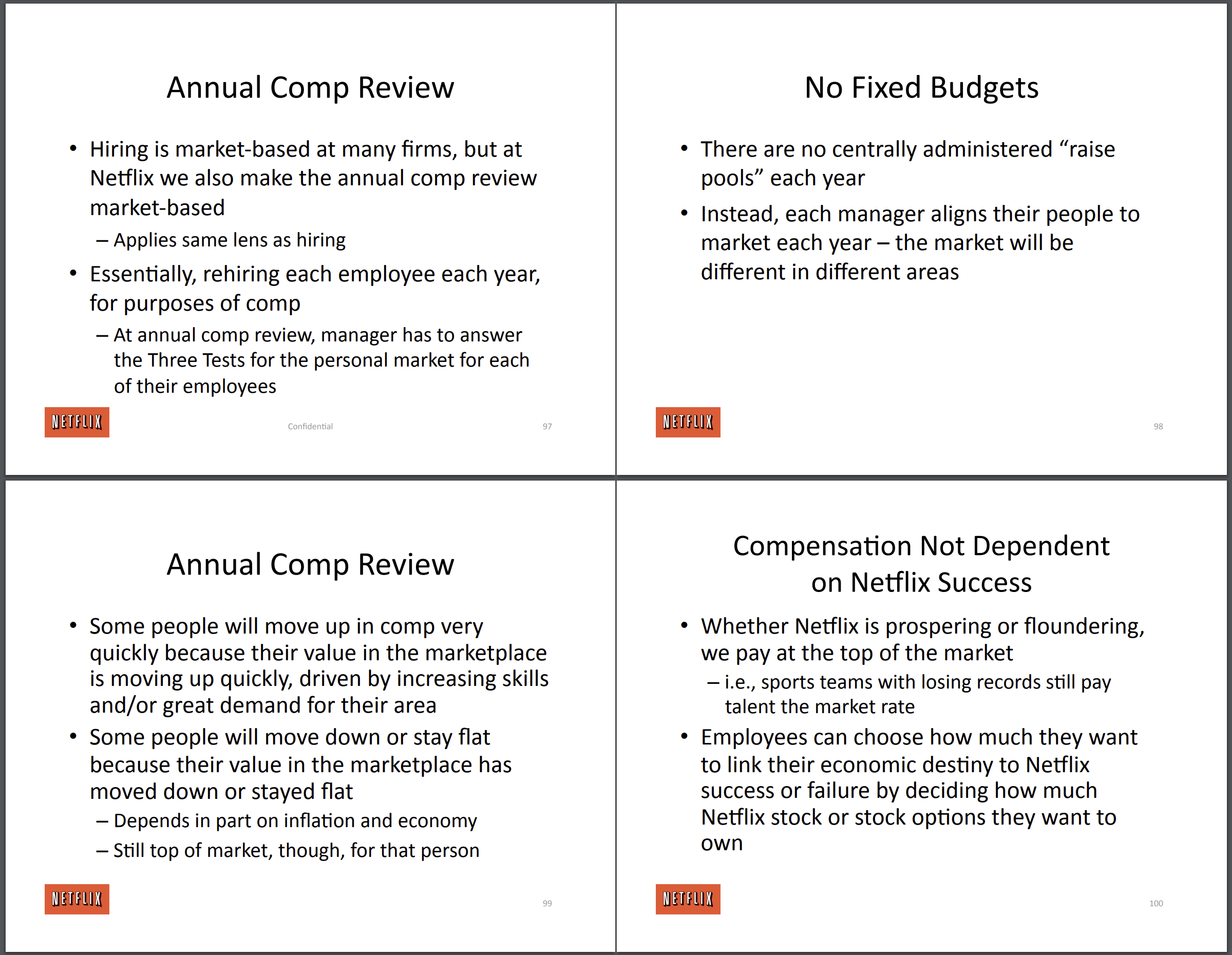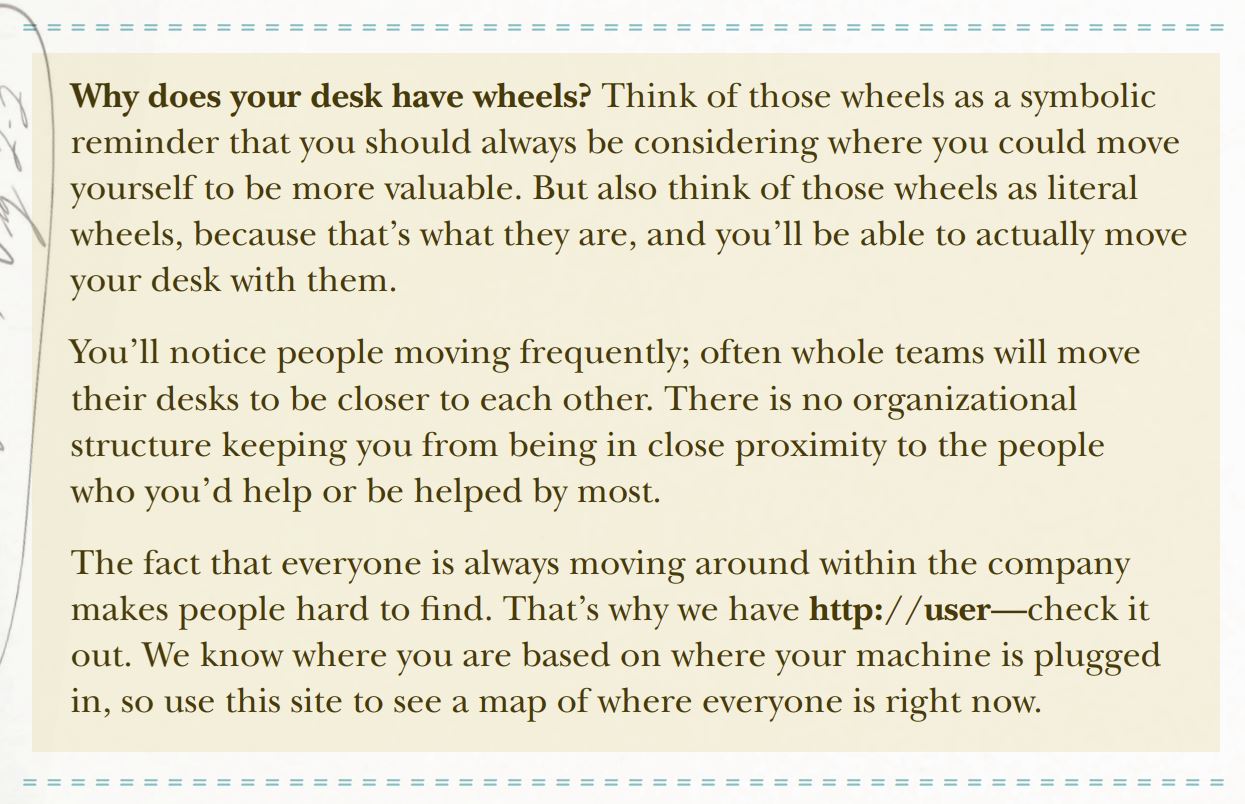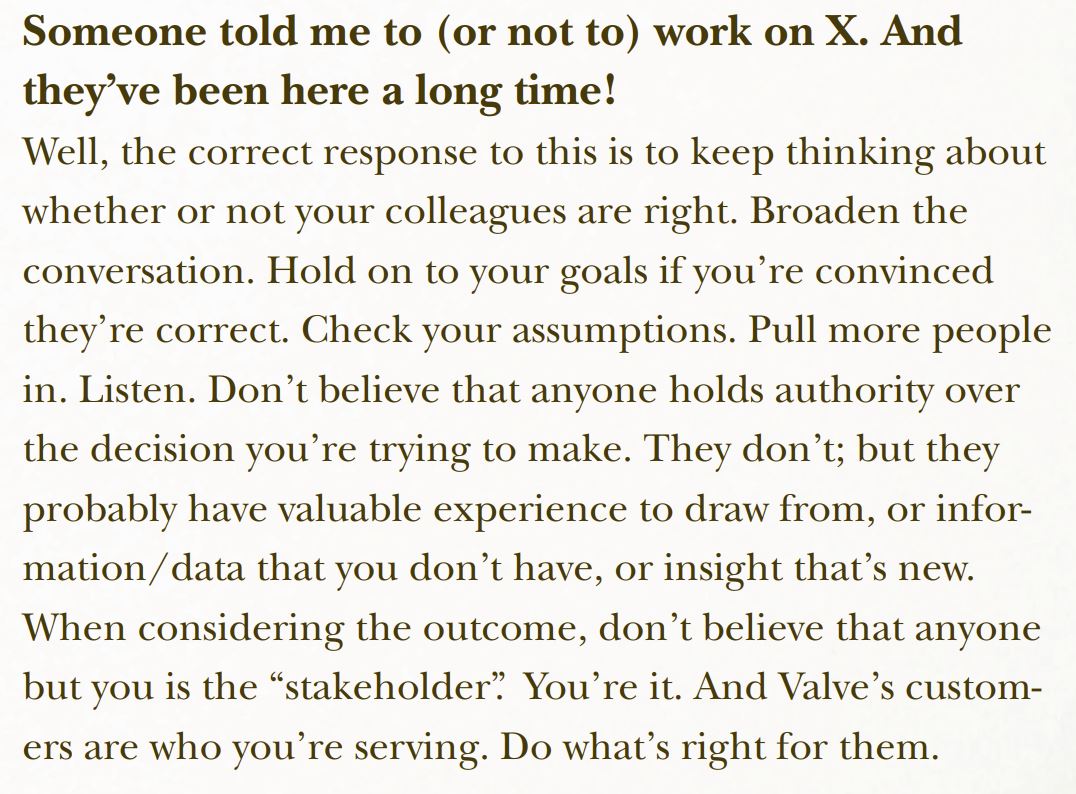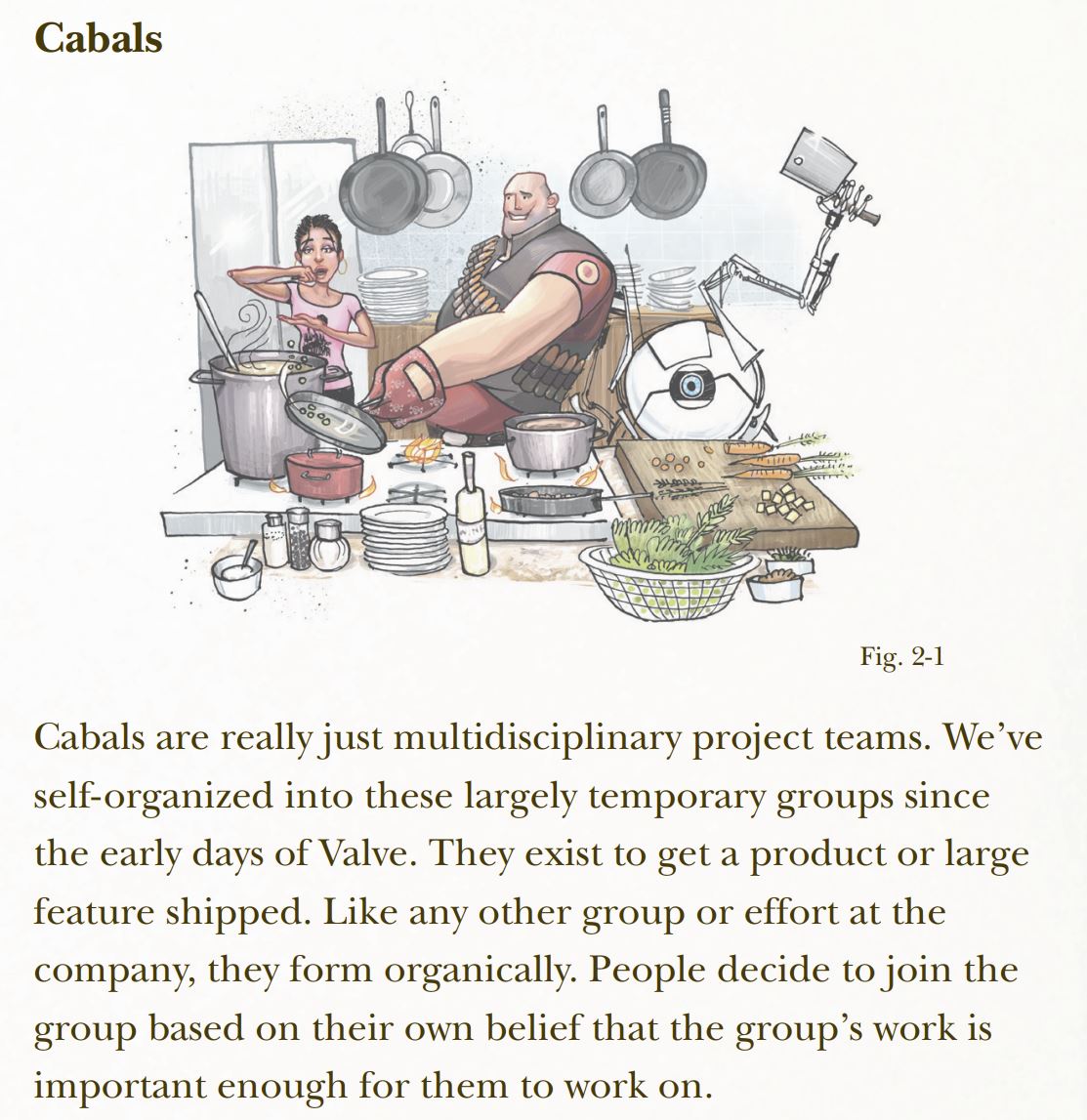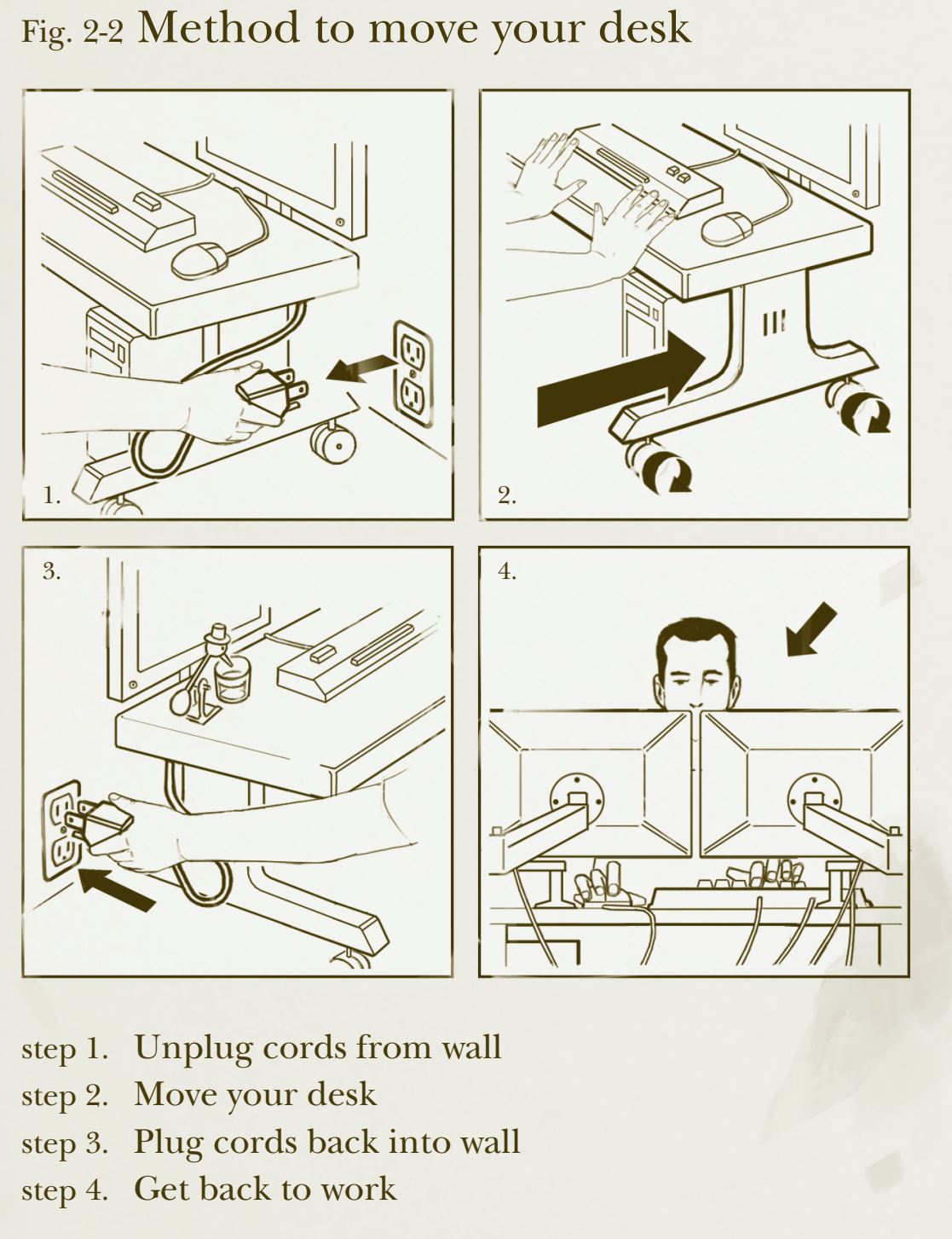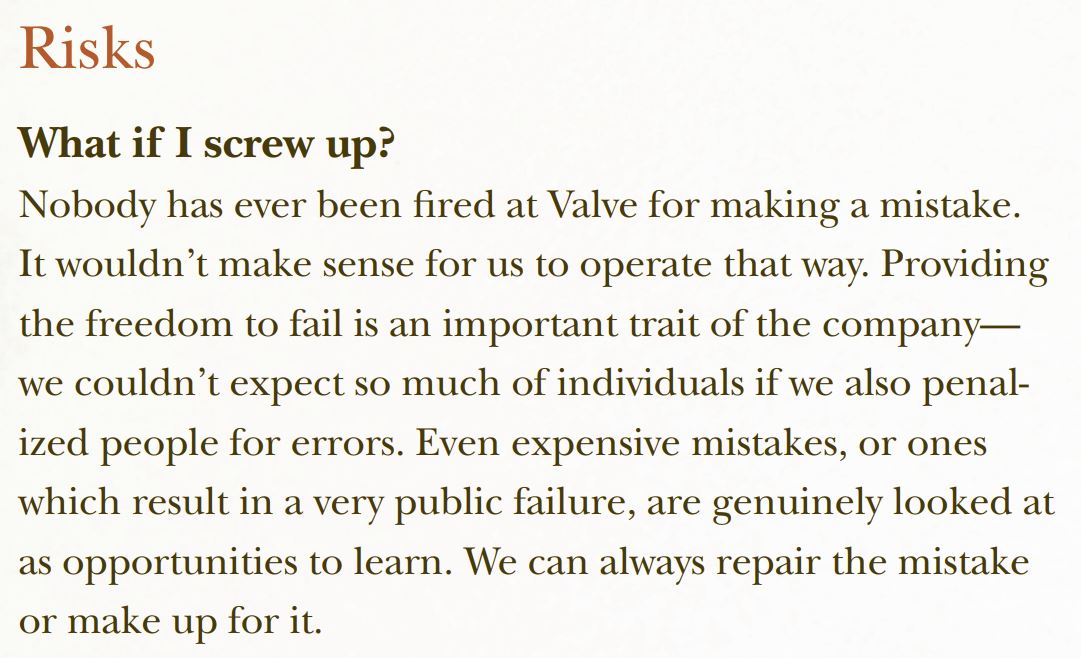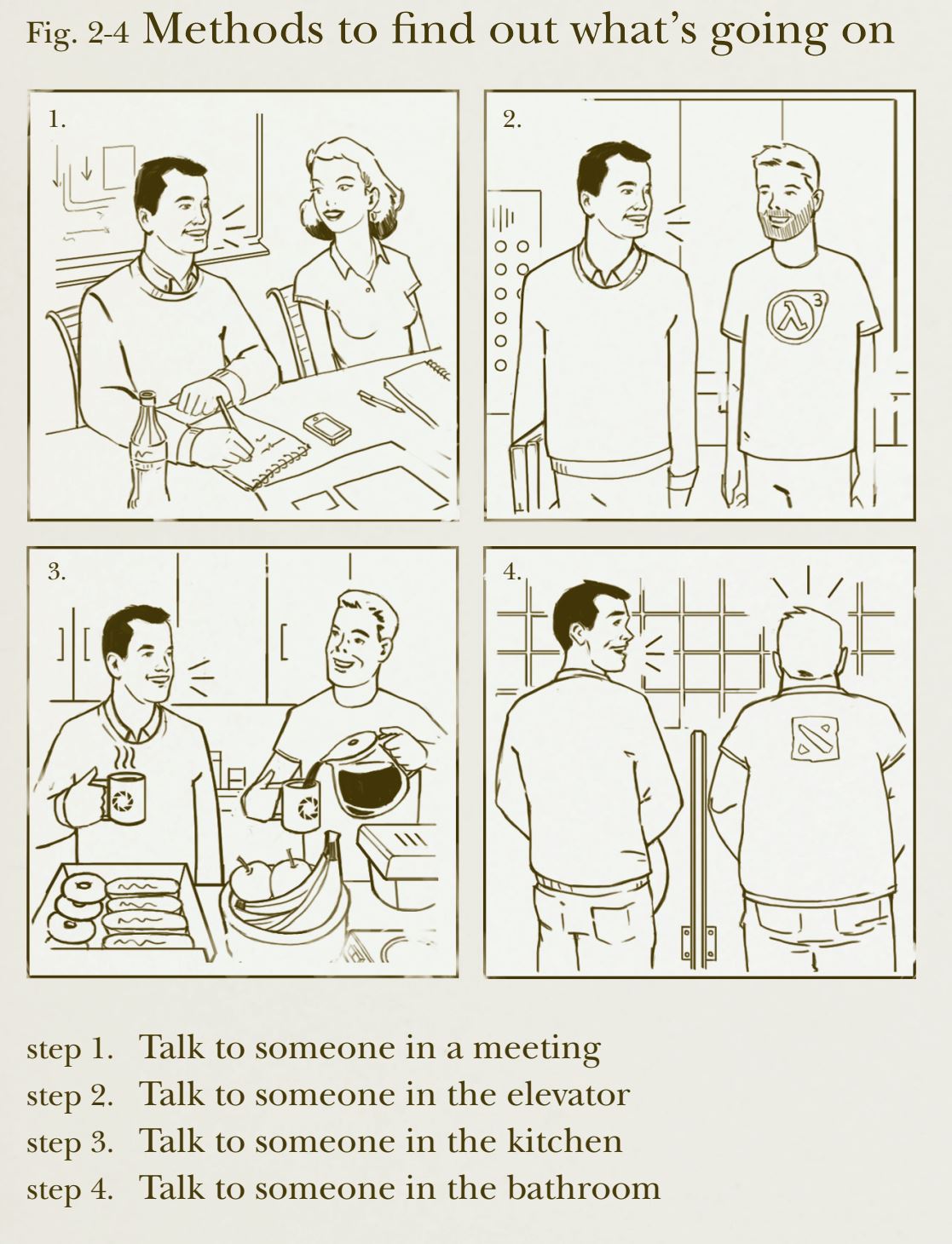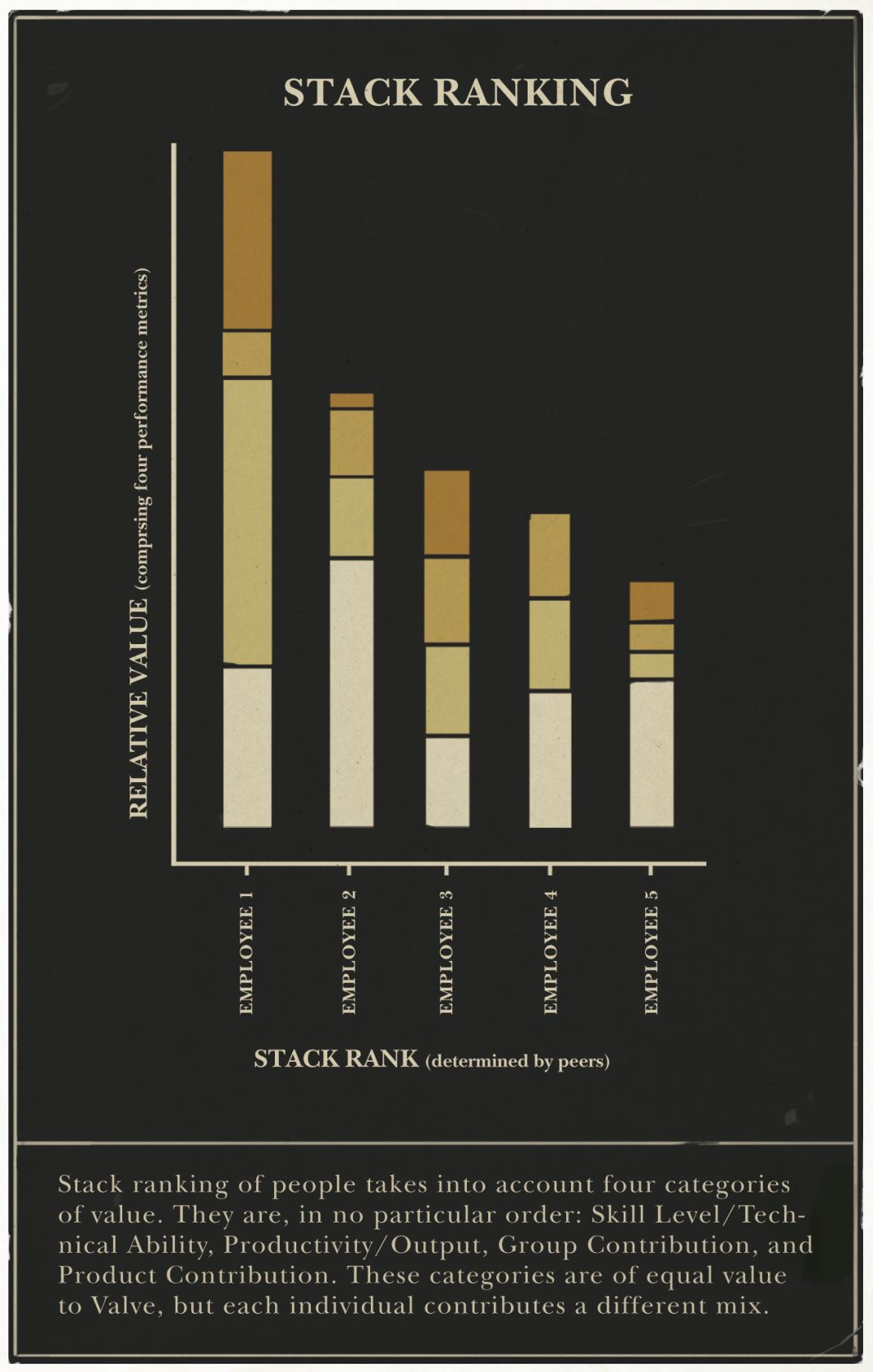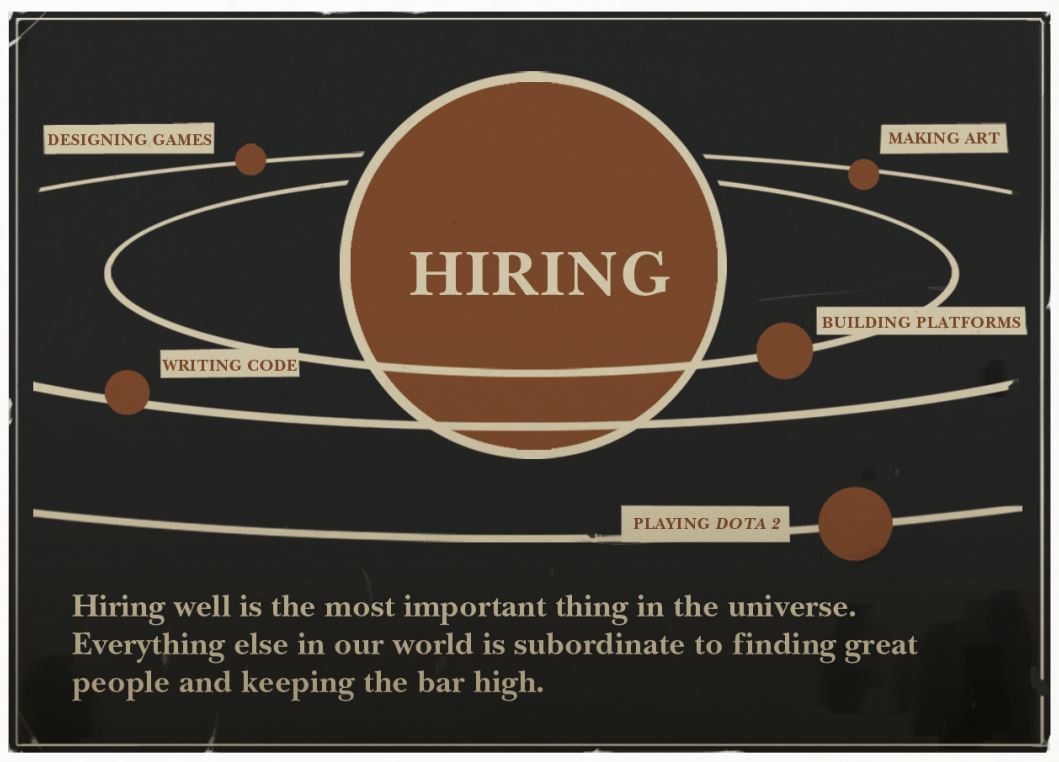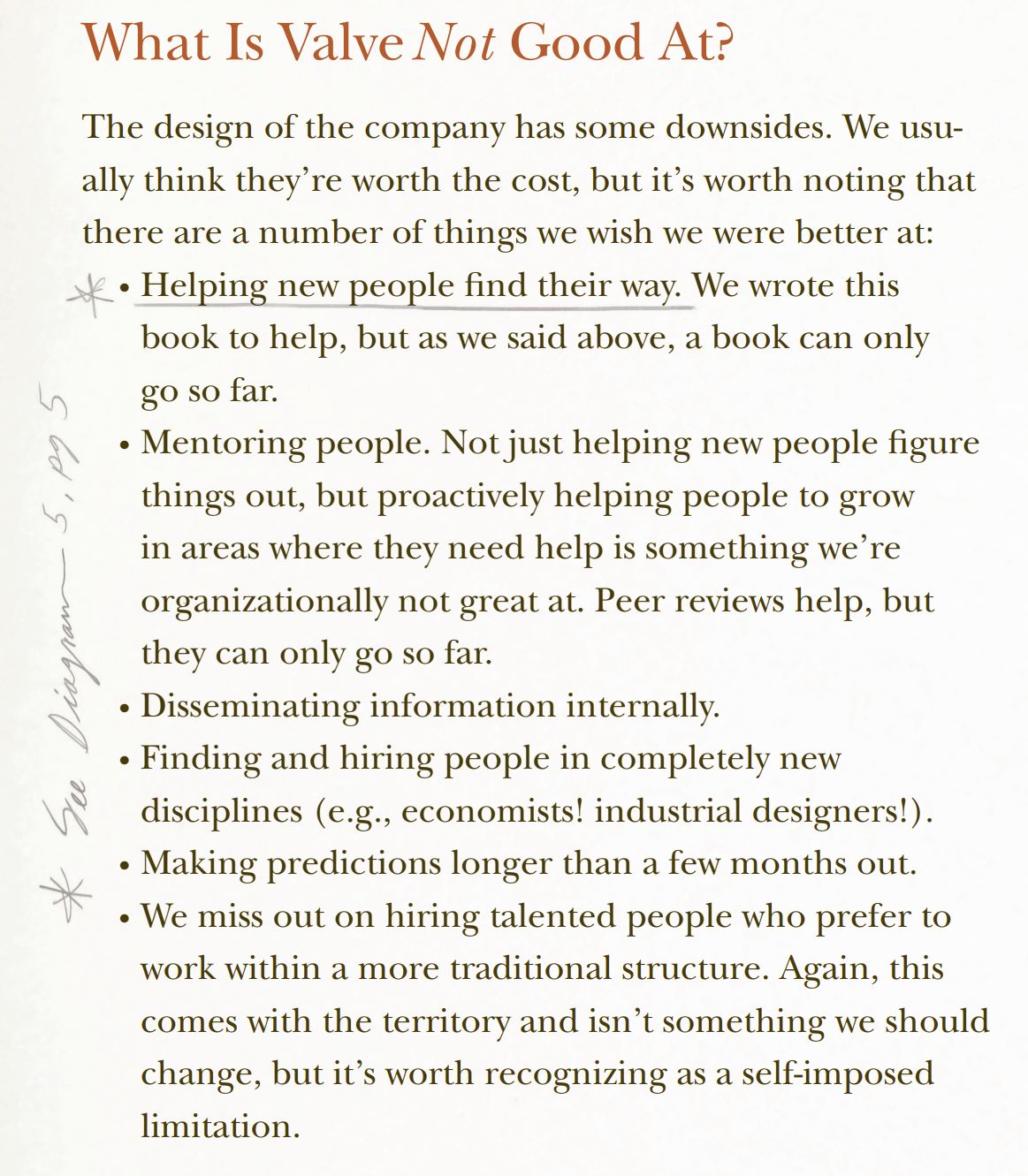Culture Docs: Facebook, Netflix and Valve
Marton Trencseni - Sat 18 June 2022 - Leadership
Introduction
Many companies have some sort of "Culture Doc", a booklet or similar, which explains to new joiners what the company is about. I received Facebook's "Little Red Booklet" when I joined in 2016 February, and I was amazed how good it was. Recently I was researching other companies' Culture Docs, and found a version of Netflix's and Valve's online. It's interesting to compare and contrast what these different companies choose to put in their Culture Doc.
Facebook's Culture Doc is very mission and execution oriented and serious, Netflix is analytical and HR-focused, and Valve's is a lighthearted explanation of how the company works.
Disclaimer: I worked at Facebook in 2016-17. I currently own META stock.
Facebook is the best company I ever worked at, mostly because of its awesome mission and impact oriented culture. This is reflected in the Culture Doc, which is easily the best of the three — but, I'm definitely biased. There are many principles (such Move Fast and Break Things) and mental models (such as the Perception vs Reality plot, which I can't find online unfortunately) that I learned at Facebook and I still refer to on a daily basis.
Facebook's Culture Doc is produced by the Facebook Analog Research Laboratory, a little team within the company responsible for making posters and booklets and other analog materials for employees and the office. Fortunately, Ben Barry, who created the booklet, has put a few scans online. All the images below are from his site.
Thinking along the Vision—Mission—Strategy—Tactics—Execution spectrum, Facebook's Culture Doc focuses on Mission and Execution.

Facebook was originally not created to be a company.

Changing how people communicate will always change the world.

What happens when everyone can put their message in front of a lot of people?

Each Facebook engineer is responsible for approximately 1,000,000 people using Facebook. (My old edition says 433,000...)

There is no point in having a 5-year plan in this industry.

Hacking can be playful — as long as it works.

Greatness and comfort rarely coexist.

Neither snow, nor rain, nor heat, nor gloom of night keeps these hackers from the swift completion of their code.

The quick shall inherit the Earth.

When you don't realize what you can't do, you can do some pretty cool stuff.

Remember, people don't use Facebook because they like us. They use it because they like their friends. 👍

We don't build services to make money. We make money to build better services.

If we don't create the thing that kills Facebook, some else will. #metaverse
Unfortunately most pages of the booklet are not available scanned, but in some cases the same message is available in scanned poster form:

Move fast and break things.

Done is better than perfect.

What would you do if you weren't afraid?

Fail harder.

The back still says the name of a different technology company, one that came before us, left as a reminder that if we fail, someday someone might replace us.
Other good sources of information about Facebook culture:
- Founder's Letter, 2012
- Founder's Letter, 2021
- Facebook: The Inside Story (book) - by Steven Levy, highly recommended
- Hack, HHVM and avoiding the Second-system effect
Netflix
The Netflix Culture Doc started out as a deck of 100+ slides, but over time it has become a minisite on the official Netflix website: jobs.netflix.com/culture.
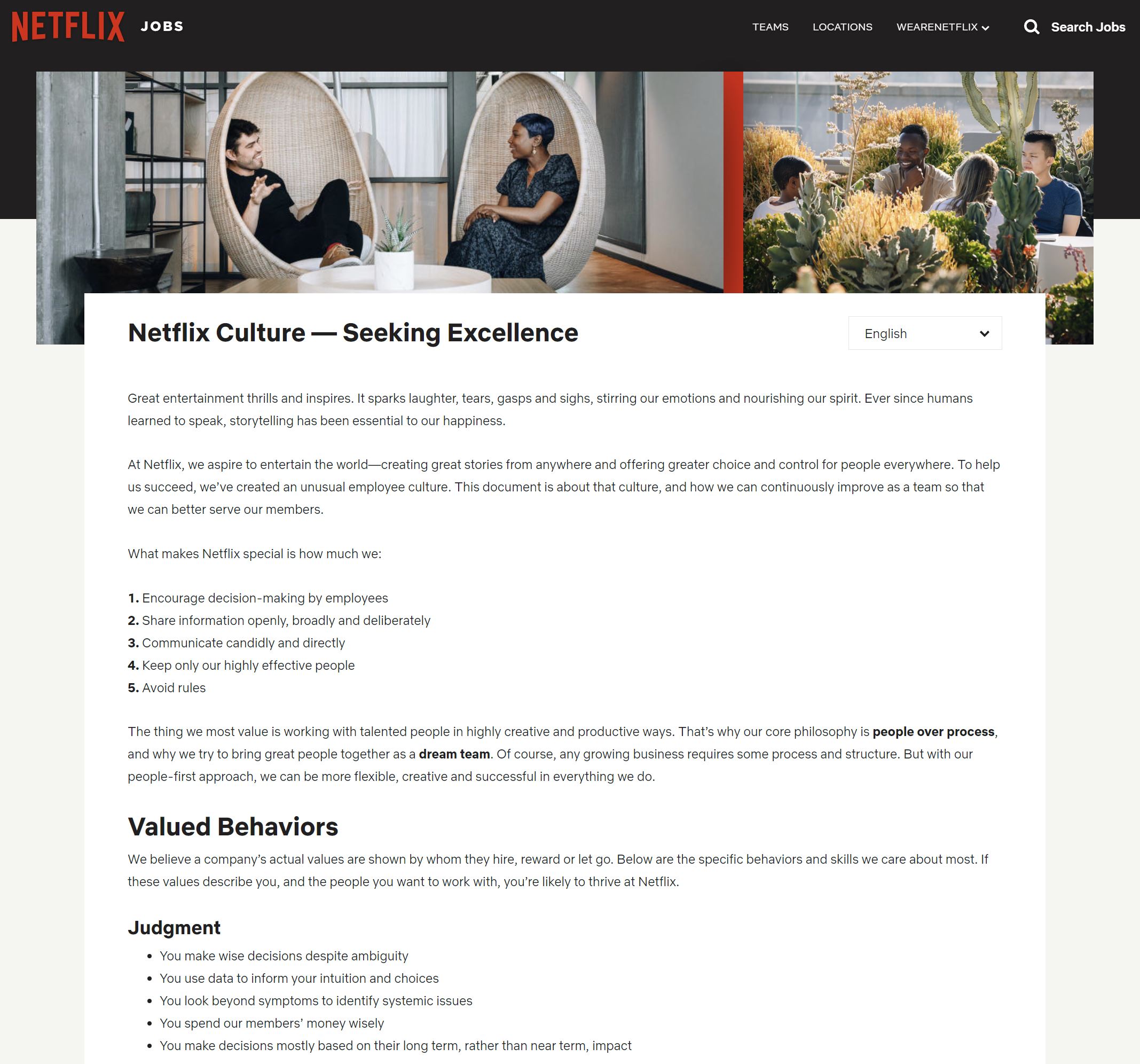
Unlike Facebook's, which focuses on mission and execution, this feels more like a set of HR principles. However, there are many gems. Here are some of my favorite (from the 2012 version):
The real company values, as opposed to the nice-sounding values, are shown by who gets rewarded, promoted, or let go.
Netflix wants to work with people who embody these 9 values: judgement, communication, impact, curiosity, innovation, courage, passion, honesty, selflessness.
Increase talent density as company grows and continue to run informally.
Context, not control: If you want to build a ship, don't drum up the people to gather wood, divide the work, and give orders. Instead, teach them to yearn for the vast and endless sea.
Highly aligned, loosely coupled.
Annual compensation review is market based.
Valve
Valve's Culture Doc is up on their website, with translations to 8 languages. It's from 2012, I'm not sure whether there is a more up-to-date version internally. It's called Handbook for New Employees, it's mostly a light-hearted explanation of how the company works, with some HR principles sprinkled in. Whereas Facebook's Culture Doc is mission oriented and serious and Netflix's is analytical (with curves and intersections) and HR-focused, Valve's is more of a lighthearted explanation of how the company works and its history.
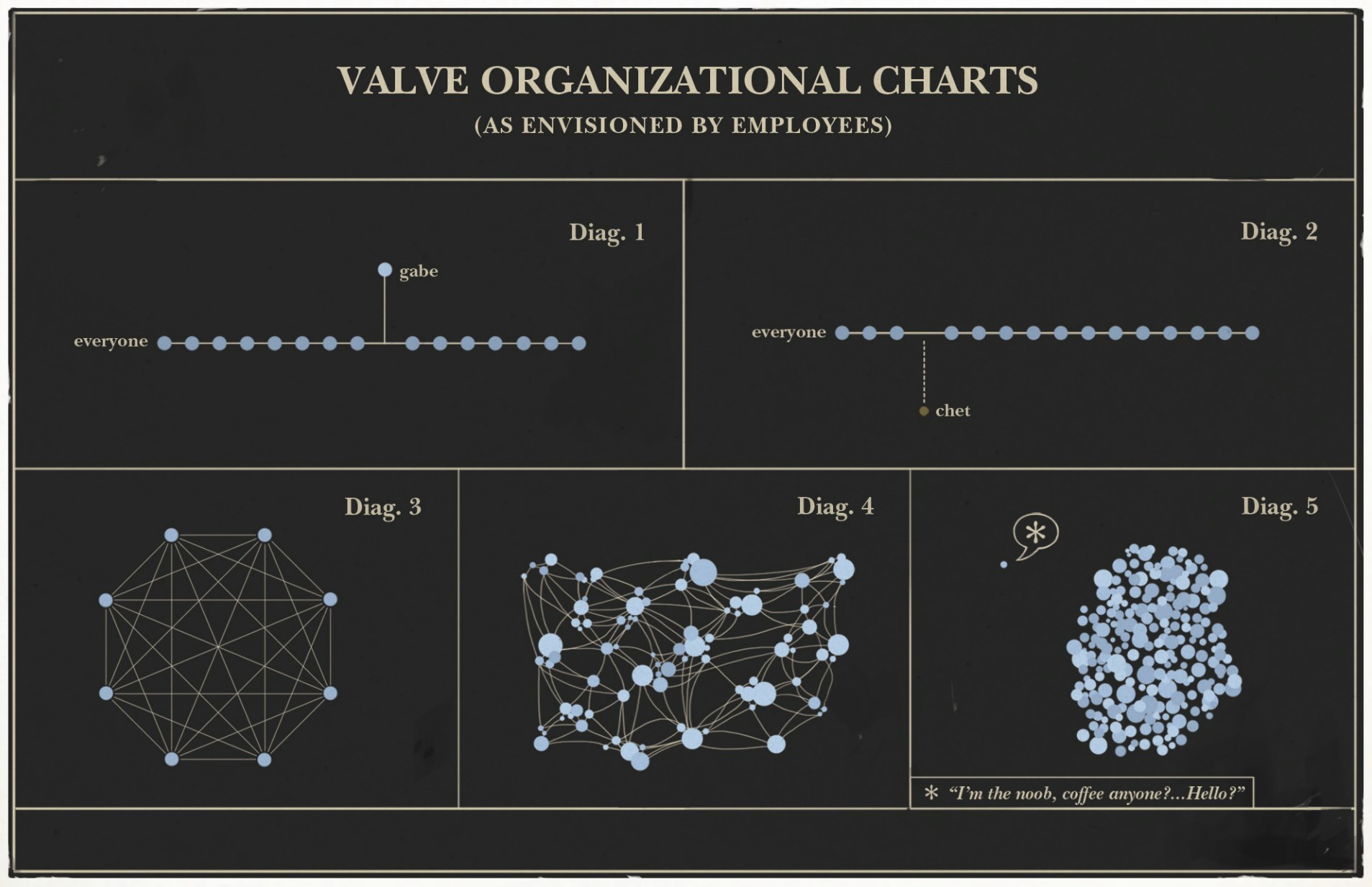
Valve is flat. It's our shorthand way of saying that we don't have any management, and nobody "reports to" anybody else.
You should always be considering where you could move yourself to be more valuable.
Valve's customers are who you're serving. Do what's right for them.
Cabals are really just multidisciplinary project teams.
My comment: it seems that being in the office and physically working together was a really important part of Valve's culture pre-Covid. Also see this article with Gabe Newell, Valve's President, on how Covid affected Valve.
Nobody has ever been fired at Valve for making a mistake.
Talk to someone in a {meeting, elevator, kitchen, bathroom}.
Stack-ranking.
Hiring is the most important thing in the Universe.
T-shaped employee model.
What is Valve not good at?
Similar books
(+) denotes books I've read and can whole-heartedly recommend.
About successful companies:
- Facebook: The Inside Story (+) - by Steven Levy
- Hack and HHVM: Programming Productivity Without Breaking Things (+) - by Owen Yamauchi, how Facebook rewrote the PHP website without rewriting the PHP website
- Working Backwards: Insights, Stories, and Secrets from Inside Amazon (+) - by Colin Bryar and Bill Carr
- Invent and Wander: The Collected Writings of Jeff Bezos (+) - by Jeff Bezos
- Masters of Doom: How Two Guys Created an Empire and Transformed Pop Culture (+) - David Kushner
- How Google Works - by Eric Schmidt
- No Rules Rules: Netflix and the Culture of Reinvention - by Reed Hastings
Also see Amazon's official leadership principles and my blog post about the best parts of the Invent and Wander book.
Anti-patterns:
- Bad Blood: Secrets and Lies in a Silicon Valley Startup (+) - by John Carreyrou
- Billion Dollar Loser: The Epic Rise and Fall of WeWork (+)- by Reeves Wiedeman
Also see my blog post about Theranos and WeWork.
Conclusion
Every company should have a Culture Doc and publish it!
PS: Coincidentally my friend Jack Mardack's company Oyster just opensourced their Culture Doc today!
